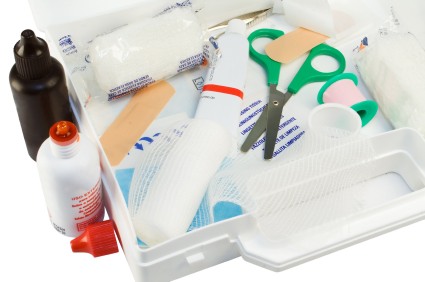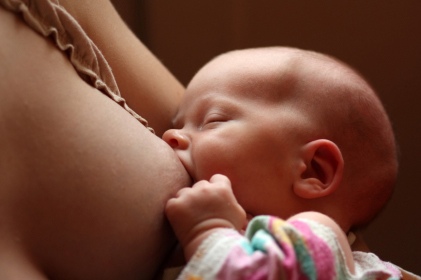An infant suffering from diabetes? An eight-year-old being injected with insulin? If you think these are far-fetched scenarios, think again. “Juvenile” or “Type 1” diabetes is a harsh reality.

Juvenile Diabetes [Illustration by Shinod AP]
And it is not a rare phenomenon any more. The Delhi Diabetic Research Centre (DDRC) alone treats nearly 4,000 children suffering from the disease annually.
Does diabetes in any way impair a child’s physical or intellectual growth? Not really. The disease does not affect a child’s brain or her ability to study, provided it is kept under control.
If it is not, the child may often feel weak and exhausted, and this may affect her academic performance. Also, high blood glucose levels result in frequent urination, which would disturb her sleep. This, in turn, could affect her concentration in school.
For parents, the most distressing part is imposing on children the dietary restrictions that are the lot of any diabetes patient. How can you say no when your tiny tot asks for chocolate, ice-creams, potato chips or soft drinks?
Equally distressing is the prospect of their ward receiving insulin injections twice a day for the rest of their lives.
But these are things parents of children suffering from juvenile diabetes have to learn to cope with. And the faster they accept the fact that their child is suffering from the disease, the better. For they have an active role to play in the management of the disease and its treatment.
Despite the disease, children grow up to lead normal lives. They will be as bright and normal as any healthy person — provided their treatment is not disrupted.










